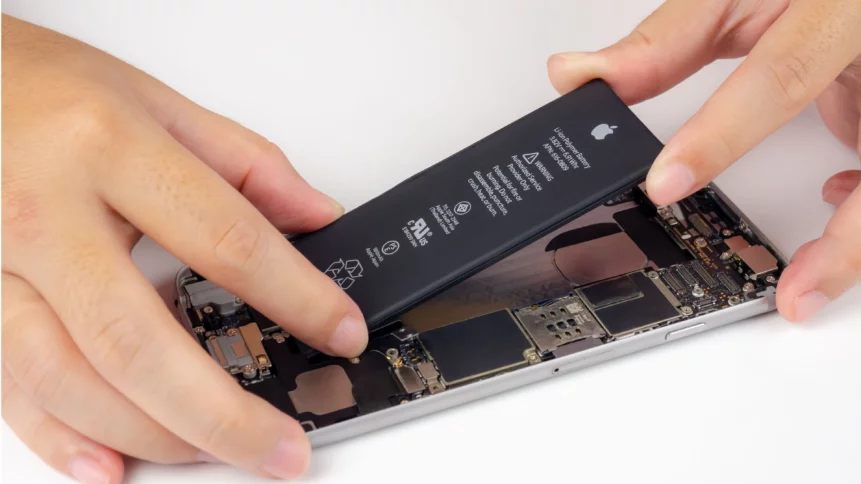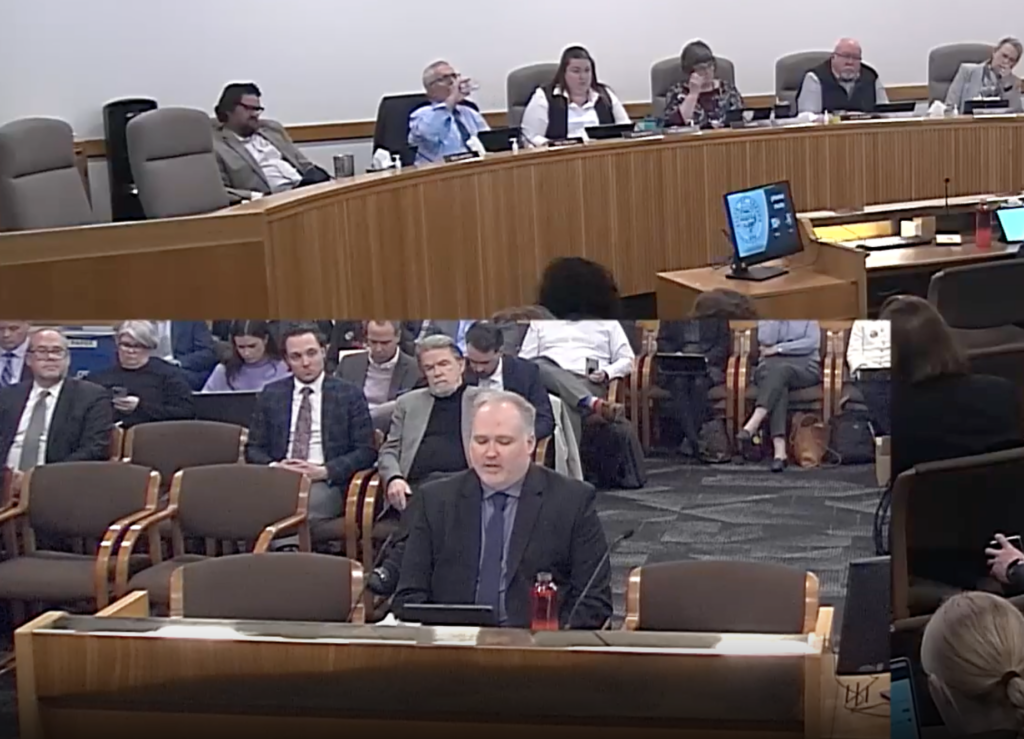Apple won’t end parts pairing without a fight

- For Apple, right to repair means losing the monopoly on device repairs.
- Other tech giants have made their peace with the Oregonian bill, but Apple is lobbying against it.
- Is there more to Apple’s objection that commercial self-interest?
Six months ago, Apple surprised everyone by supporting a right to repair bill in California. It had spent millions of dollars trying to maintain its monopoly on repair but its landmark move to formally support the legislation made it look like consumers had won.
In California, SB 244 would require manufacturers, including Apple, “to make available, on fair and reasonable terms, to product owners, service and repair facilities, and service dealers, the means, as described, to effect the diagnosis, maintenance, or repair of the product.”
However, the illusion that Apple was relaxing its monopolistic hold on product repairs has been shattered as executives lobbied against a stronger right to repair bill in Oregon. For the first time, Apple had an employee actively outline its stance on the issue at a hearing: an executive from the company testified at a hearing for the bill on Thursday.

Via 404 media.
Apple vs right to repair
It’s clear that the company has no intention of loosening control over its repair ecosystem. What makes Oregon’s bill different from the Californian one Apple supported is that it includes a critical provision that is crucial to Apple maintaining dominance over the repair market: “parts pairing.”
The parts pairing system allows Apple to maintain its monopoly by ensuring replacement parts are linked to a specific device and can only be unlocked by Apple or an authorized Apple repair shop.
Authorized repair providers have to pay to join the program, which limits the types of repair companies can do.
The Oregonian bill, SB 1597, stipulates:
“An original equipment manufacturer may not use parts pairing to:
(A) Prevent or inhibit an independent repair provider or owner from installing or enabling the function of a replacement part or component of consumer electronic equipment, including a replacement part or component that the original equipment manufacturer has not approved;
(B) Reduce the functionality or performance of consumer electronic equipment; or
(C) Cause consumer electronic equipment to display unnecessary or misleading alerts or warnings about unidentified parts, particularly if the alerts or warnings cannot be dismissed.
As well as preventing aftermarket screens and batteries being used as replacements, part pairing stops even Apple-made parts being swapped across devices. A battery or screen from one iPhone 15 couldn’t be moved onto another because the parts are cryptographically paired using internal hardware and software, all of which is controlled by Apple.
“It is our belief that the bill’s current language around parts pairing will undermine the security, safety, and privacy of Oregonians by forcing device manufacturers to allow the use of parts of unknown origin in consumer devices,” John Perry, Apple’s principal secure repair architect, told the legislature.
He went on to say that “regulation must not compromise consumer protection” and that actually Apple’s parts pairing system isn’t about repair monopoly. It’s really about making “access to repair easier while also making sure that your device and the data stored on it remains secure.”
If the legislation is passed in Oregon, Perry said it would be an “incredible disservice to consumers.” The issue, he says, would be worldwide, “as we have no ability to restrict provisions regionally.”
That means that if the change happens in Orgeon, Apple will be powerless to maintain its monopoly anywhere else, too.
One huge issue with the parts pairing regime is the huge volume of e-waste it creates, something right to repair legislation has sought to fix for years. At the hearing, Juan Muro, executive director of Free Geek, a nonprofit that securely refurbishes donated electronics for low income communities, shared that of 15,000 donated iPhones in the last year, only 300 were refurbished.
The rest “had to be sent to be shredded and recycled. This is largely in part because of the issue of parts pairing.” The hearing was also told that 4,800 phones are thrown away per day in Oregon.
Despite the direct implications of parts pairing that were laid out, when Apple had been asked how the parts pairing provision of the bill might be revised for easier compliance “the only thing [Apple] said was ‘delete this section,’” State Sen. Jeff Golden revealed.
Perry repeatedly told the court, when asked how Oregon could reword the bill to Apple’s liking, that he isn’t a legislative expert and although he “can kind of speak lawyer” he wouldn’t be comfortable to offer revisions.
Other manufacturers were invited to appraise the bill, and their revisions were made. Most notably, the Oregon bill is backed by Google – a big competitor for Apple.
One lawmaker said “I’m not trying to pit Apple against Google. But the fact of the matter is Google is coming in here and has said that this parts pairing language is not something that bothers it, and that it can manage through the security and issues with safety. Why is Apple different? Why is Apple different than what Google is doing?”
Google turns on “Smug Mode”
Google has formally supported the bill and will lobby for it to be passed.

Tarah Wheeler.
Although she didn’t get the chance to speak at the hearing, Tarah Wheeler – Oregonian, cybersecurity expert and CEO of Red Queen Dynamics – told 404 media “as someone who is a certified mobile device analyst and forensic specialist […] there is no security implication to switching the battery or glass screen out on a phone in meaningful terms.”
“Apple does a good job of making sure people’s data is secure, and it’s done such a good job of this that it’s a little bit stupid to now try to claim that swapping the glass out is going to stop it from being secure.”
With error messages notifying users that a part isn’t genuine and some features refusing to work as a result, Apple ensures that parts pairing keeps the money it its pocket. To Wheeler’s point, if its hardware and software is so superior, Apple devices shouldn’t be so compromised by small repairs with illegitimate equipment.
For now, it remains to be seen whether Oregon’s right of repair bill passes in spite of the insistence that the sky is falling from Apple. Either way, as more people are made aware of Apple’s monopolistic practice, the time it has to keep getting away with them gets shorter – especially given the ecological implications that its insistence on a monopoly has.











